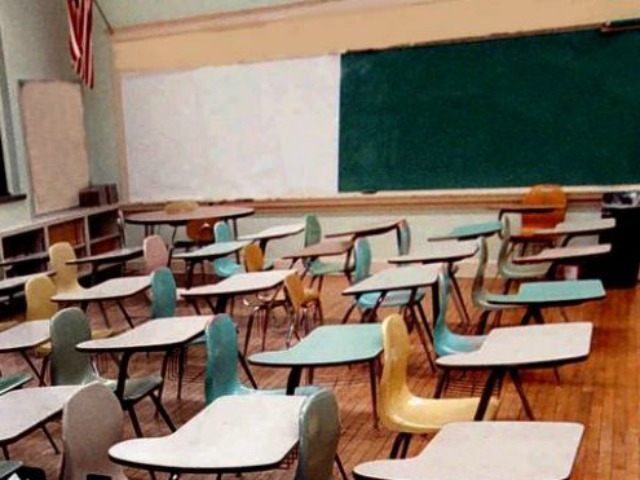Some Texas school districts are revisiting their zero tolerance policies to examine how they can better serve their most vulnerable population, students enrolled in pre-Kindergarten through second grade, by banning suspensions and other disciplinary punishments.
Monday night, the board of trustees for the Austin Independent School District voted unanimously to revise their disciplinary practices so that “no elementary student prior to third grade shall be home suspended, placed into a disciplinary alternative education program (DAEP), or expelled.”
During the 2015-16 school year, 351 pre-K through second grade children accounted for all Austin ISD suspensions, of which 85 percent were black or Latino, according to the school district. Boys made up the the majority of these students. In 2014, the U.S. Education Department reported that boys, as a demographic group regardless of race and/or socioeconomic strata, represented 79% of preschool children suspended once and 82% of preschool children suspended multiple times, even though boys only represented 54% of preschool enrollment.
This new policy goes into effect next year and applies to all pre-K through second grade students, except when otherwise required by law. The district’s Student Code of Conduct, written in accordance with the state’s 1995 Safe Schools Act and Chapter 37 of the Texas Education Code, lists a slew of behavioral violations. In Texas, school districts are granted broad discretionary authority in determining what constitutes “disruptive” offenses.
A goal of Austin ISD’s suspension ban is to identify the root of the problem to help better help kids remain in school and remedy the matter. The 2016 study “Banning Classroom Removals for Young Children Policy Guide” looked at the repercussions of suspending young children: increased likelihood of grade retention, dropping out of high school, and contact with the juvenile justice system.
During the board meeting, trustee Edmund Gordon commented that the new policy does not cover in-school-suspensions (ISS), a student discipline practice that sequesters punished children in a special room on campus. Unlike at-home suspension, ISS allows schools to receive daily state and federal funds because the child is in school. Out-of-school suspension (OSS) is treated like an absence.
Breitbart Texas reported that ISS remains a troubling practice. There are no limits on the number of days a student may spend suspended in school and programs do not consist of any formal instructional time, are run like a study hall, and are not staffed by a certified teacher, according to Texas Appleseed, a nonprofit public interest justice center, on the forefront of the school-to-prison pipeline debate.
Although the Austin ISD school board seeks to address issues youngsters either bring to the schoolhouse or struggle with inside the classroom and expressed excitement about “changing our culture,” no one addressed when the problem is that the public school culture does not fit the child.
The district’s new suspension prevention toolbox is loaded up with practices rooted in social justice ideologies like “equity” and “restorative justice” which utilizes therapy-styled “talking circles” to handle alleged bad behavior. Meditation-driven and Buddhist-based “mindfulness” strategies include breathing, yoga, and awareness exercises intended to assist students in self-regulation and maintaining focus. These strategies are often coupled with Social and Emotional Learning (SEL), which promotes the values-based competencies associated with the public education reform movement’s Common Core.
During the meeting, Superintendent Dr. Paul Cruz said, “It’s really about social and emotional learning and restorative practices.”
Last week, the Dallas ISD school board voted to approve a similar policy that will go into effect in the 2017-18 school year for its pre-K through second graders. District spokeswoman Robyn Harris told Breitbart Texas, “This policy applies to Level I and Level II offenses in the Student Code of Conduct.”
Violations under these categories include classroom disruptions, dress code violations, leaving school grounds without permissions, and even throwing objects that can hurt someone or thing. However, higher level offenses like bullying, fighting, and using profanity will not be exempt from harsher consequence.
According to Dallas ISD, all pre-K through second grade teachers will receive a comprehensive training session at the beginning of the school year to better equip them on how to respond to a disruptive student. Harris told Breitbart Texas the training will be a combination of behavior management best practices programs designed by the District Professional Development Department. She said some schools may choose to use Restorative Discipline, PBIS, mindfulness, or other SEL programs.
In 2016, Houston ISD and El Paso ISD adjusted their disciplinary measures for students pre-K through second grade.
Follow Merrill Hope, a member of the original Breitbart Texas team, on Twitter.

COMMENTS
Please let us know if you're having issues with commenting.